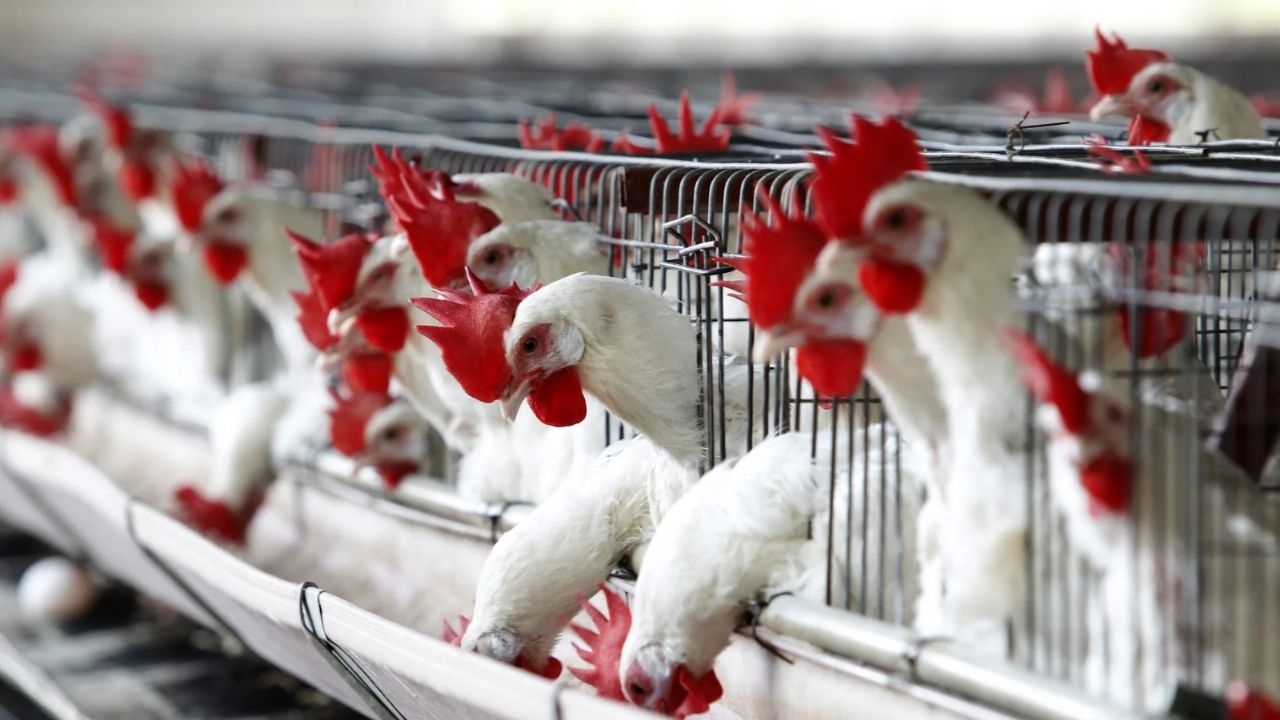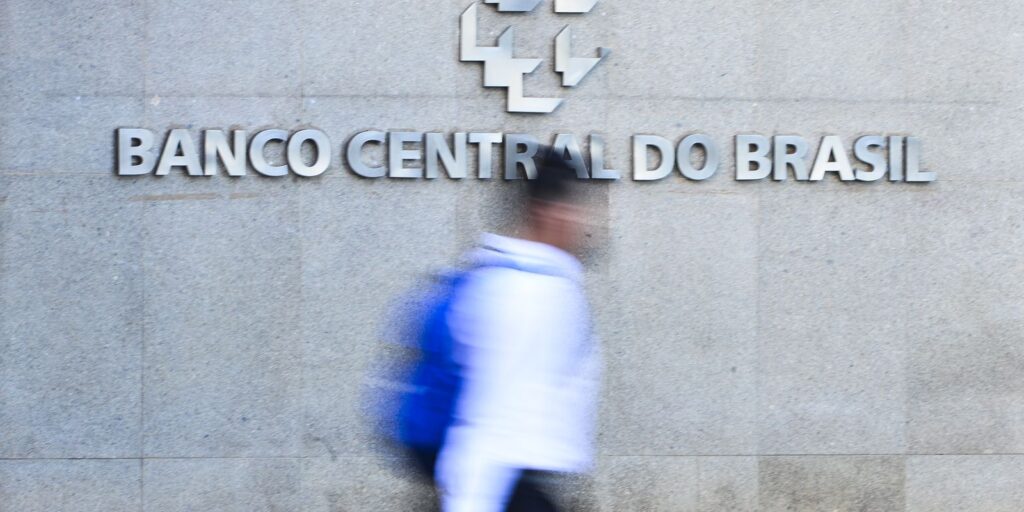SENASA (National Service for Food Health and Quality) reported in the last few hours that 20 cases of bird flu throughout the country, this after detecting a new contagion in the province of Buenos Aires.
The agency reported that, after analyzing nine samples on suspicion of influenzaone case was positive for bird fluwhich was detected in the Buenos Aires town of Azul.
In this way, the cases of bird flu confirmed in wild and backyard birds to date were detected in: 9 in Córdoba, 4 in Buenos Aires, 2 in Santa Fe, 1 in Jujuy, 1 in Neuquén, 1 in Río Negro, 1 in San Luis and 1 in Salta.
For this reason, SENASA carries out raking work in the affected areas, and has also reinforced sanitary controls in border areas to prevent the virus from spreading.

Meanwhile, in the provinces where no cases have yet been detected, prevention tasks are carried out, and they report on the symptoms of the disease and on the importance of reporting any suspected case, both to citizens and producers.
Although the virus has not yet spread to the production chain, and the authorities have clarified that it is not transmitted by the consumption of chicken, eggs or their derivatives, measures were taken to prevent its spread.

Among them, the sale of live birds at the national level was prohibited, as well as the holding of fairs or massive events that involve the concentration and handling of birds, in addition, the authorizations for these animals to enter the country will be limited.
The effects of bird flu on the economy
Influenza has been detected in at least 16 countries, most of them in Latin America, which has generated an effect on international prices, since more than 100 million poultry died or were slaughtered by the virus.

This has led to, for example, in the United States the price of eggs will increase by 70%, which could also happen with the price of chicken if the flu spreadsespecially in Brazil or the United States, the main producers in the world.
Although in the case of Argentina, the virus has not yet affected the production chain, if the disease spreads or if international prices rise more, the market could be affected, which in turn will have a harmful effect on inflation.


















